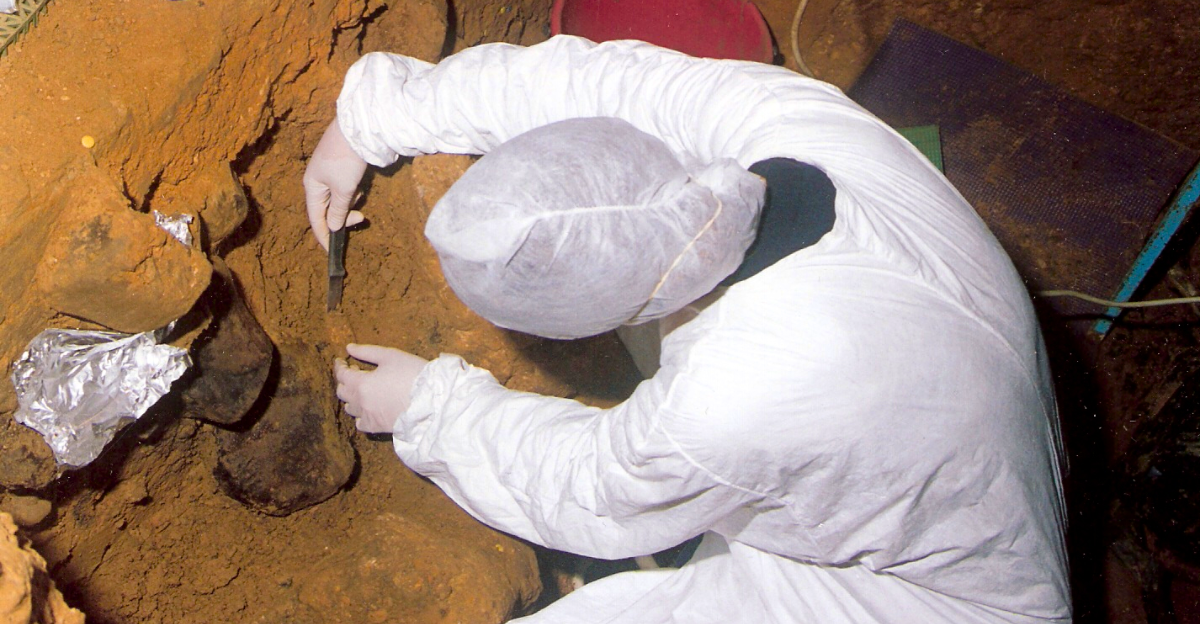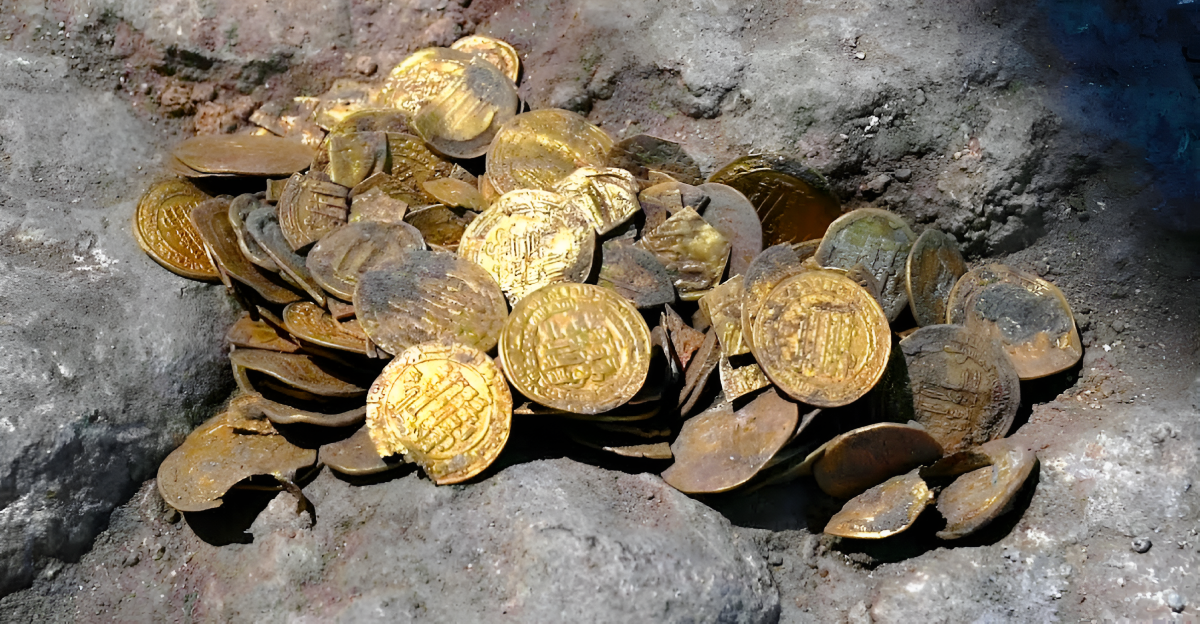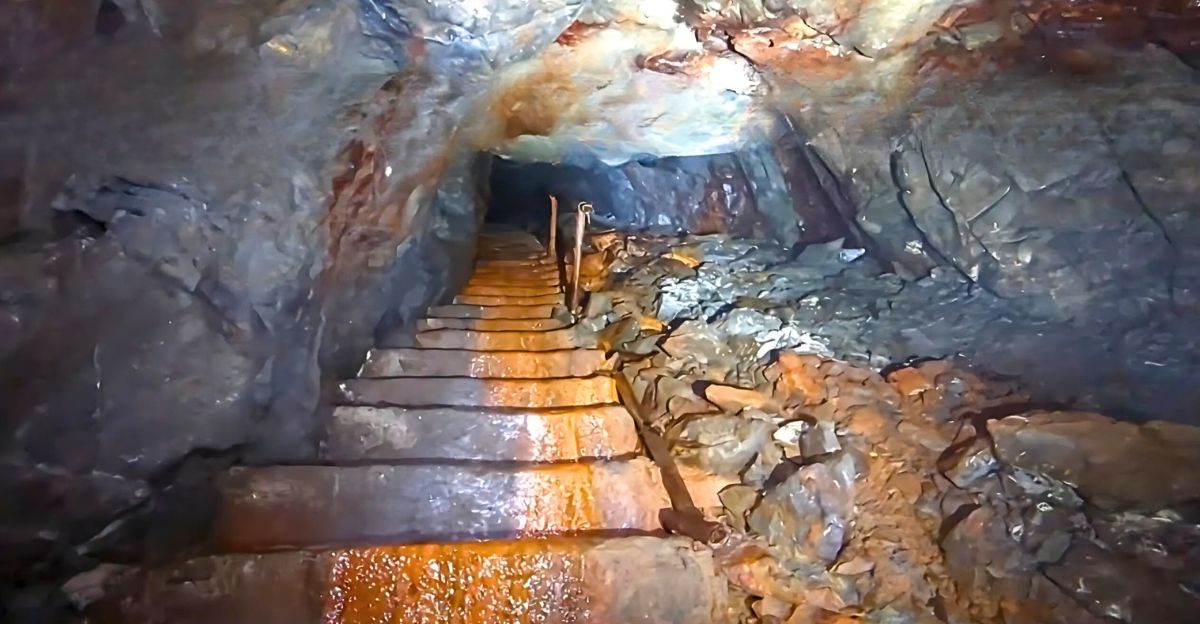
While today when we look at Mars, we see nothing but a barren red planet full of dust that cannot support life. However, this wasn’t always the case, and Mars was once teeming with rivers, lakes, and maybe even oceans. After discovering this, scientists dedicated decades to find out where it all went.
Had it seeped deep underground, escaped into space, or something else entirely? A recent NASA finally sheds some light on what really happened to all of the water.
Mars’ Past
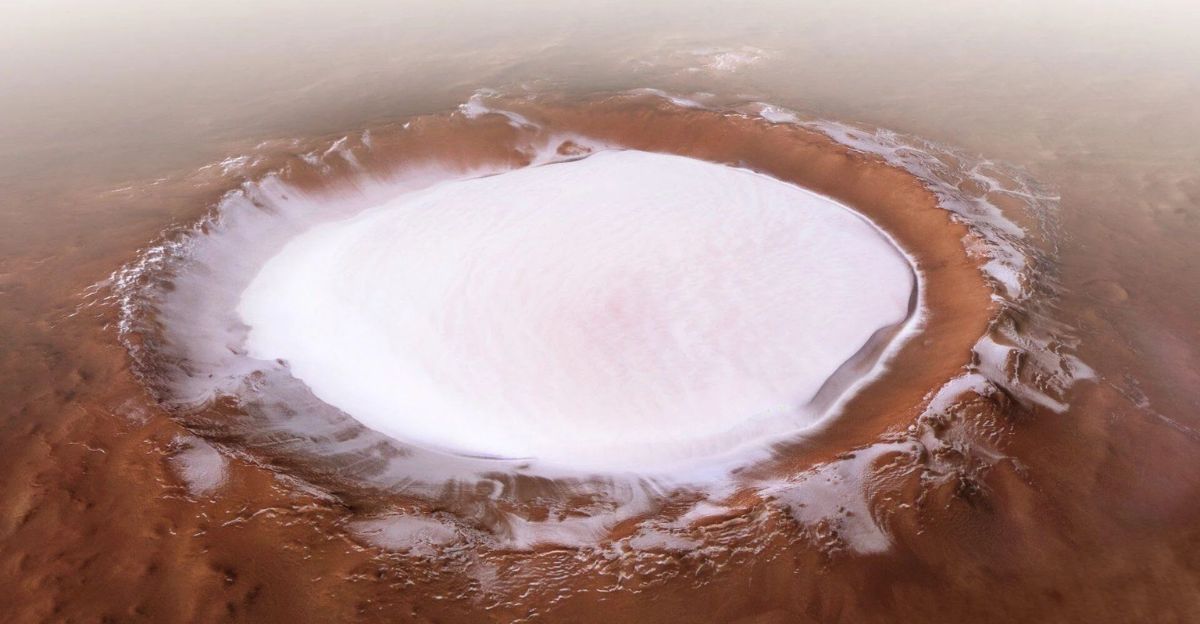
Scientists have found fascinating geological evidence on Mars that proves it once had a lot of water on its surface. This includes ancient riverbeds and mineral deposits from billions of years ago.
This means that the planet’s history was one full of water, including lakes and possibly a northern ocean. This has led many scientific endeavors to study it in detail, as it could have possibly been the right conditions to host life.
Theories
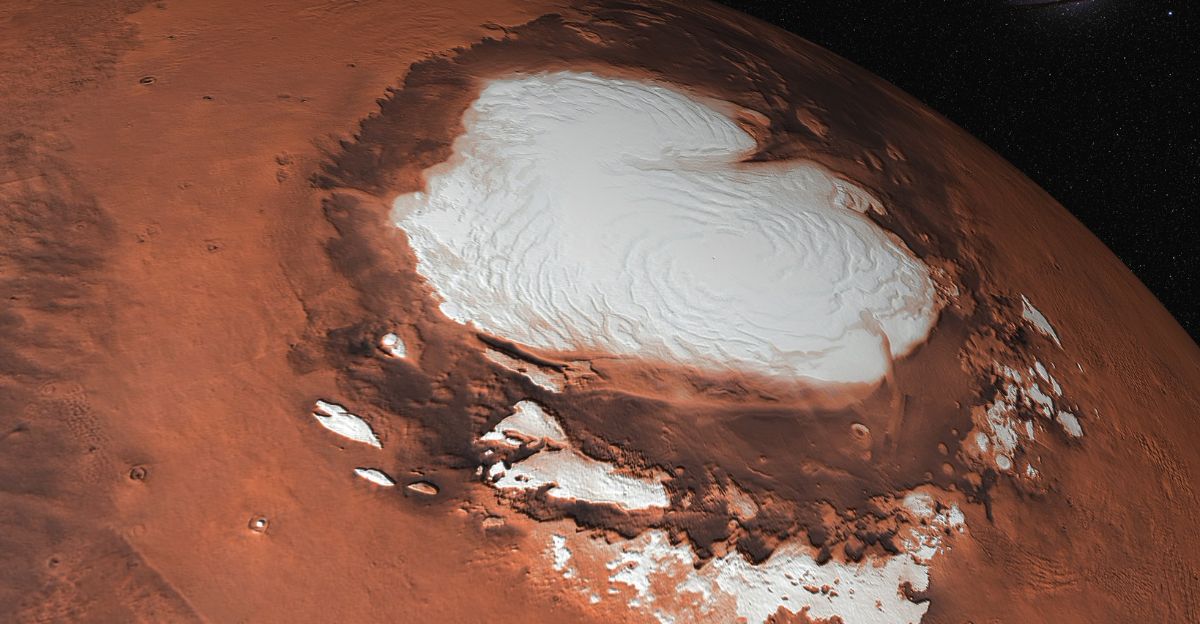
There have been a few leading theories in the past about where all of Mars’ water ended up. The most dominant theory is that all of the water that was found on the planet was slowly lost to space due to the low gravity and having a weak magnetic field. This would have allowed solar winds to chip away the atmosphere.
With the air thinning out, water on the surface would have been at the mercy of evaporation and wouldn’t have been contained on the planet.
NASA’s Study
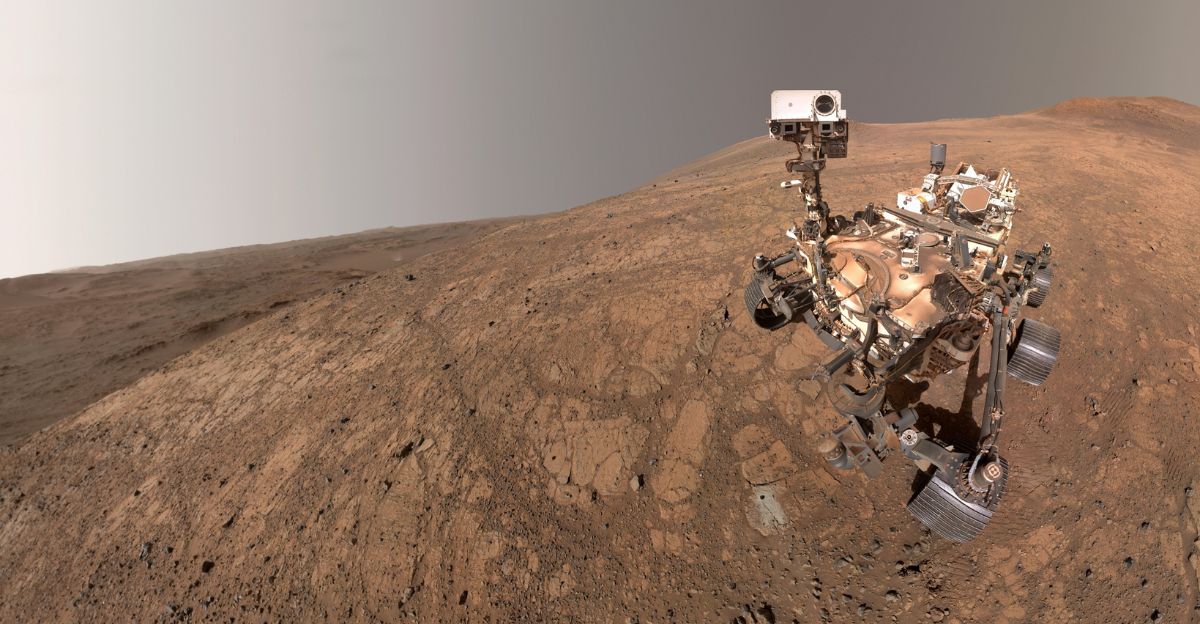
NASA’s conducted research on Mars for decades and employs some of the best scientific minds. These planetary scientists have gathered data from Mars rovers, orbiters, and meteorites to find out more about what happened to the water on Mars.
The study included anaylyzing chemical signatures of rocks and Mars’ atmosphere. Through this, they managed to find important pieces of the puzzle that gave enough of a detailed history of where the water could have gone.
Trapped In The Rocks

This new study directly challenges the leading theories that point outward into space, and rather looks back onto the planet. The real culprit, according to this study, is absorption. Over time, water became trapped inside of rocks, creating large amounts hydrated minerals, such as clay.
This means that a significant portion of Mars’ water could be trapped deep underneath the surface and out of reach.
The Process
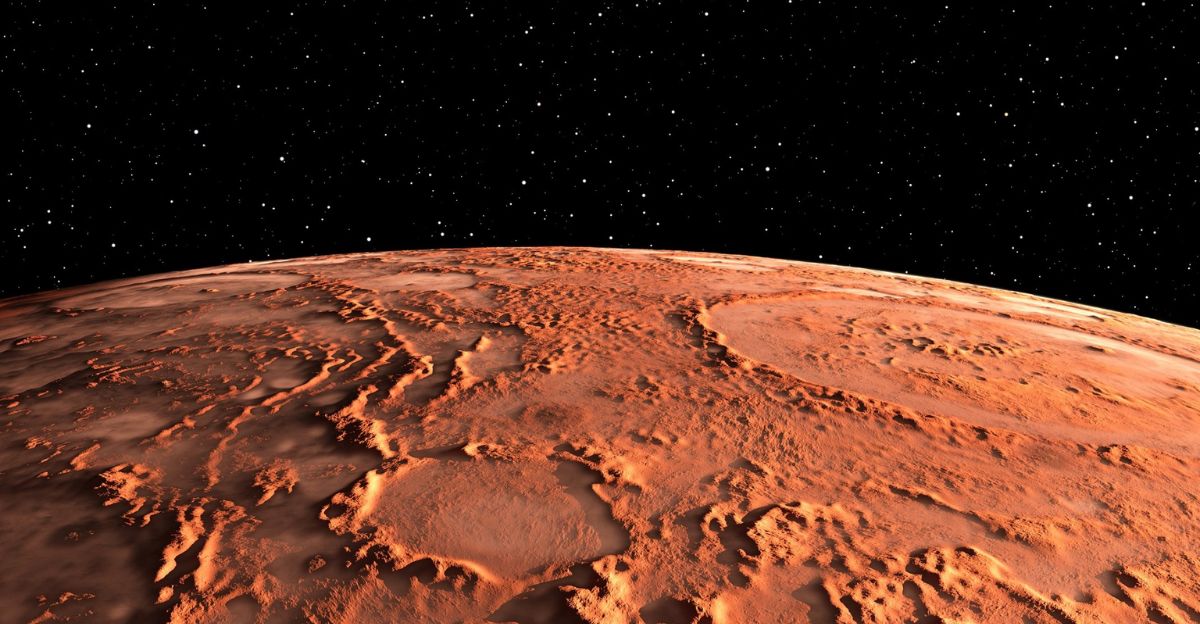
The process in which Mars’ water became trapped is called chemical weathering, and it’s not exclusive to the dusty planet. This process happens right here on our own blue marble. Volcanic rocks interact with water here on Earth, where it turns into crystal-like structures of minerals.
The difference is that this process happens in small isolated cases, whereas on Mars, it happens on a massive scale, sealing away the life-giving water for billions of years.
The Atmosphere
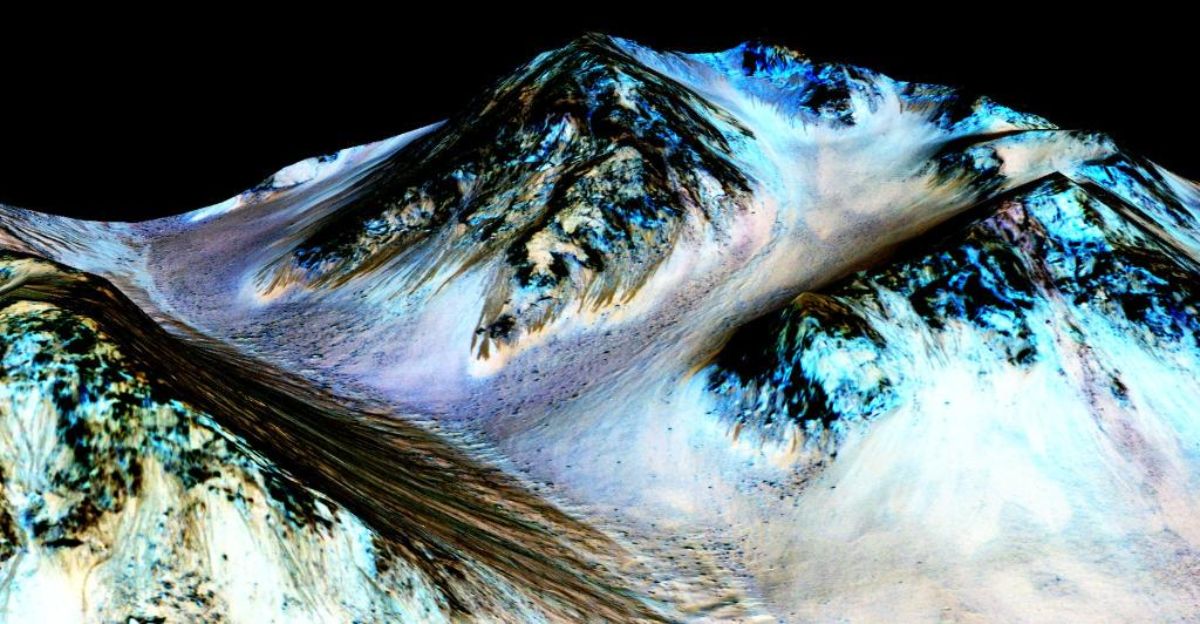
One of the leading causes in Mars losing its water was its atmosphere. The air is rich in carbon dioxide, and played more of a role than previous studies concluded.
The study also accounted for previous theories and concluded that some of the water was lost to space when these water molecules broke down and hydrogen slipped into space. However, this accounts for a fraction of the total water loss.
Implications On Life
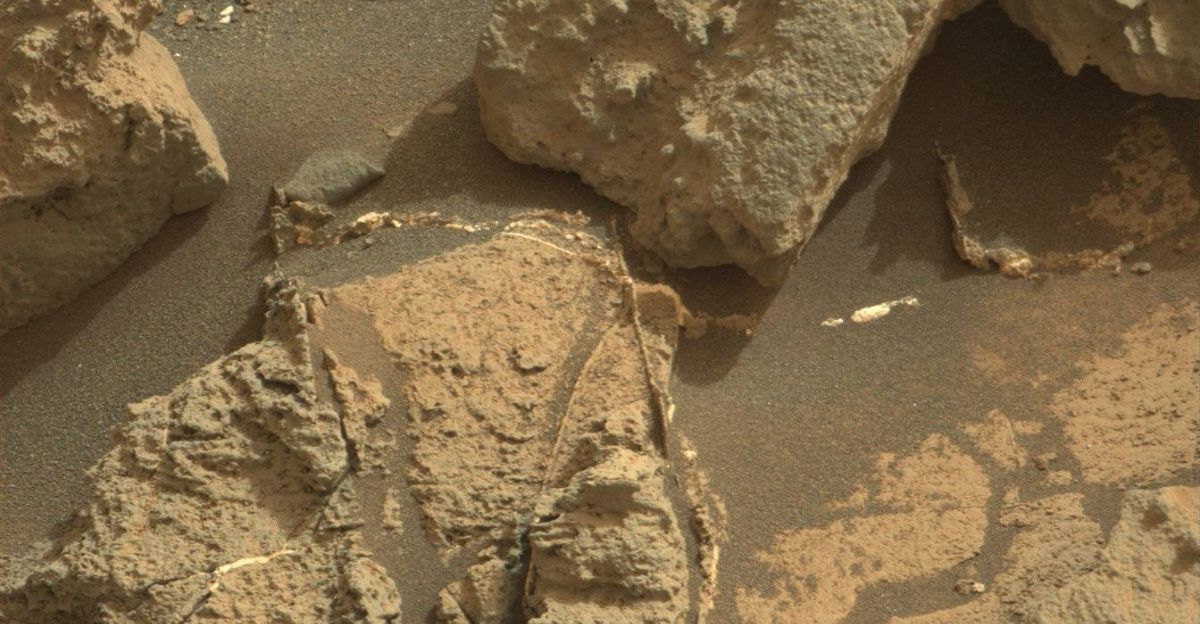
With this new study proposing that most of the water is still on Mars, trapped away, then there are implications on if it is still supporting life deeper underground. It’s no surprise that Mars’ surface is still uninhabitable, but underneath the surface, there could be the right conditions for the limited capacity of life.
This has fueled speculation and newfound hope that microbial life may be hiding away from solar radiation and high temperatures.
The Focus Of Future Research

This discovery means that a future mission to Mars could shift focus and look to extract the water found in these minerals, although it would require a lot of effort and advanced technology.
Methods will have to be developed on Earth first before they can be taken all the way to Mars to try and mine out the long-forgotten water that’s still on, or rather in, the planet.
Changing History
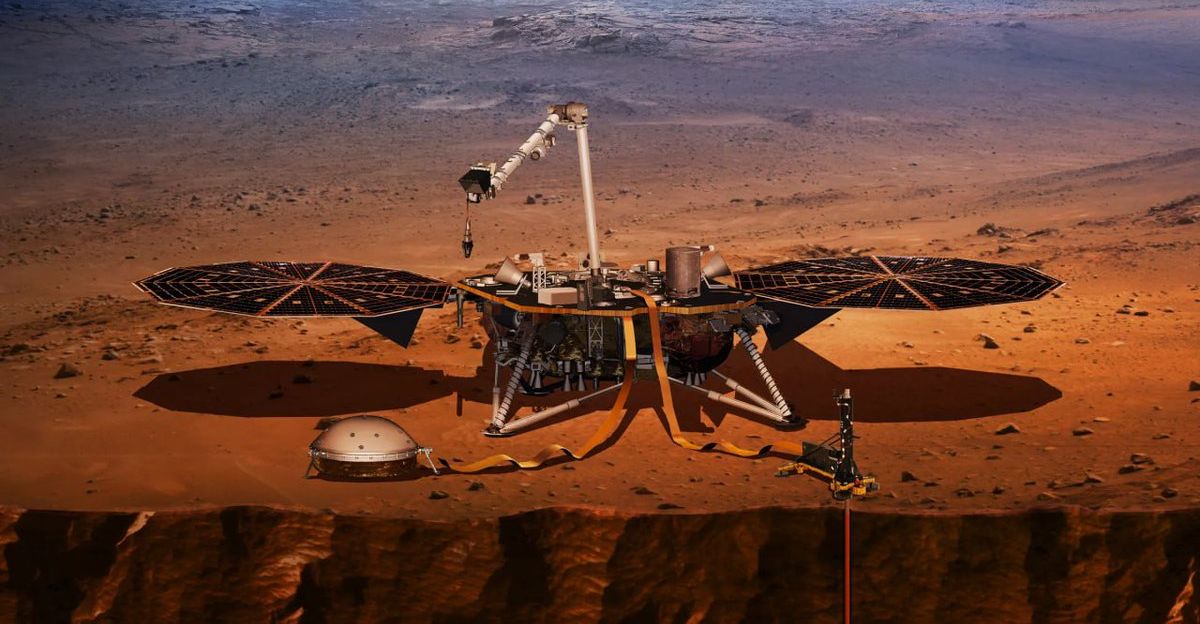
If the study is right, this changes history and older hypotheses, and a longstanding mystery is unraveling in real time thanks to the hard work of NASA scientists.
The red planet never lost its water, but it rather retracted deep within. As leading minds strive to colonize other planets, future expeditions could finally unlock the key to life on Mars.
Uncover more fascinating moments from history — and hit Follow to keep the stories flowing to your feed!

Don’t miss more incredible stories from the past! Tap Follow at the top of this article to stay updated with the latest historical discoveries. Share your thoughts in the comments — we’d love to hear your perspective!

